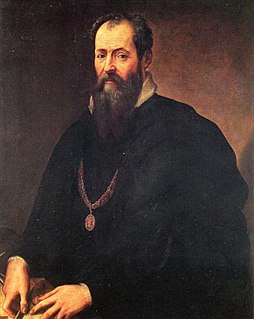A Quote by Robert Aris Willmott
A cultivated reader of history is domesticated in all families; he dines with Pericles, and sups with Titian.
Quote Topics
Related Quotes
He who sups with the devil had better have a long spoon. The devilry of modernity has its own magic: The [believer] who sups with it will find his spoon getting shorter and shorter--until that last supper in which he is left alone at the table, with no spoon at all and with an empty plate. The devil, one may guess, will by then have gone away to more interesting company.
In my couple of books, including Going Clear, the book about Scientology, I thought it seemed appropriate at the end of the book to help the reader frame things. Because we've gone through the history, and there's likely conflictual feelings in the reader's mind. The reader may not agree with me, but I don't try to influence the reader's judgment. I know everybody who picks this book up already has a decided opinion. But my goal is to open the reader's mind a little bit to alternative narratives.
Making reality real is art's responsibility. It is a practical assignment, then, a self-assignment: to achieve, by a cultivated sensitivity for observing life, a capacity for receiving impressions, a lonely, unremitting, unaided, unaidable vision, and transferring this vision without distortion to it onto the pages of a novel, where, if the reader is so persuaded, it will turn into the reader's illusion.
Things being investigated, knowledge became complete. Their knowledge being complete, their thoughts were sincere. Their thoughts being sincere, their hearts were then rectified. Their hearts being rectified, their persons were cultivated. Their persons being cultivated, their families were regulated. Their families being regulated, their States were rightly governed. Their States being rightly governed, the whole kingdom was made tranquil and happy.
Saddam Hussein had a lengthy history of reckless and sudden aggression. He cultivated ties to terror -- hosting the Abu Nidal organization, supporting terrorists, and making payments to the families of suicide bombers. He also had an established relationship with Al Qaida -- providing training to Al Qaida members in areas of poisons, gases and conventional bombs. He built, possessed, and used weapons of mass destruction.
History is my passion. So I write what I love to read. I find that if I combine history with a strong, sensual romance, it is like a one-two punch. The reader doesn't want the history without the romance, and of course the heavier the history, the more it has to be leavened with a sensual, all-consuming love story.
Families of privilege and money would have harps in their parlors, and their cultured daughters would learn to play. It's got such a strange history. But that wasn't the context that I learned it in, so the inherent friction between that history and the more humanist folk-y history wasn't in my conscience at all.



































